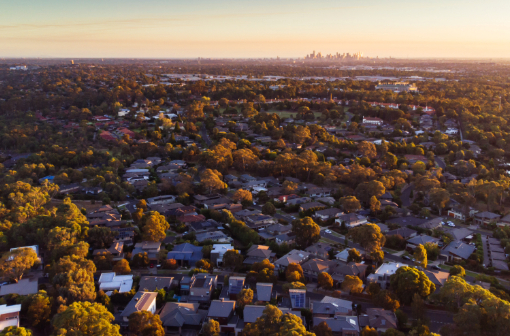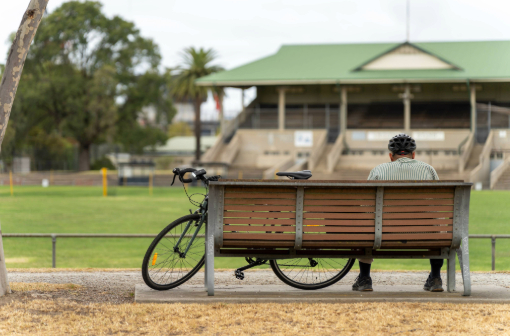Real Wellbeing is being in balance
Sometimes life can feel overwhelming, a constant juggling act. We believe that being in balance is key to Real Wellbeing. Explore tips and research that will help you find balance and achieve Real Wellbeing.
What is Real Wellbeing?
Life is a constant juggling act
Finding balance is no easy task. Real Wellbeing relies on a range of factors that bring balance and satisfaction to your life.

Scoring goals: why achieving matters

Under 35 and feeling lonely? You’re not alone

Our changing attitudes to life in Australia
The latest tips, tools and stories
Health
Healthier lives from the inside out, top to toe
Ready to make some changes but don’t know where to start? Find some inspiration to improve your physical and mental health.

Control the controllables: why health insurance is more important than ever

Mastering health insurance: how to get the most out of your cover

Taking the hassle out of health insurance
The latest tips, tools and stories
Money & finances
Financial wellbeing for every stage and change
Saving? Budgeting? Investing? Find out what financial wellbeing could look like for you.

Celebrating International Women's Day

Rent or buy? Balancing the financial implications

Balancing financial security with a “live for today” mentality
The latest tips, tools and stories
Goals & planning
Plan for the best (and the worst)
Whether you’re ticking off the big things or just getting your life in balance, we’ve got tips and tricks to help.

Staying focused on health and fitness goals

Are SMART goals really the key to goal-setting success?

Looking beyond the disability for your next hire
The latest tips, tools and stories
Community & relationships
The people & places that make us who we are
Having a network to share our success with or support us in tough times is critical for wellbeing, so it’s important to keep those ties strong!

Bridging the loneliness gap this Christmas
.jpg?h=336&w=510&hash=E340146776EB620E61121C3D48708EB2)
Walmsley’s spirit of Christmas


.jpg)






